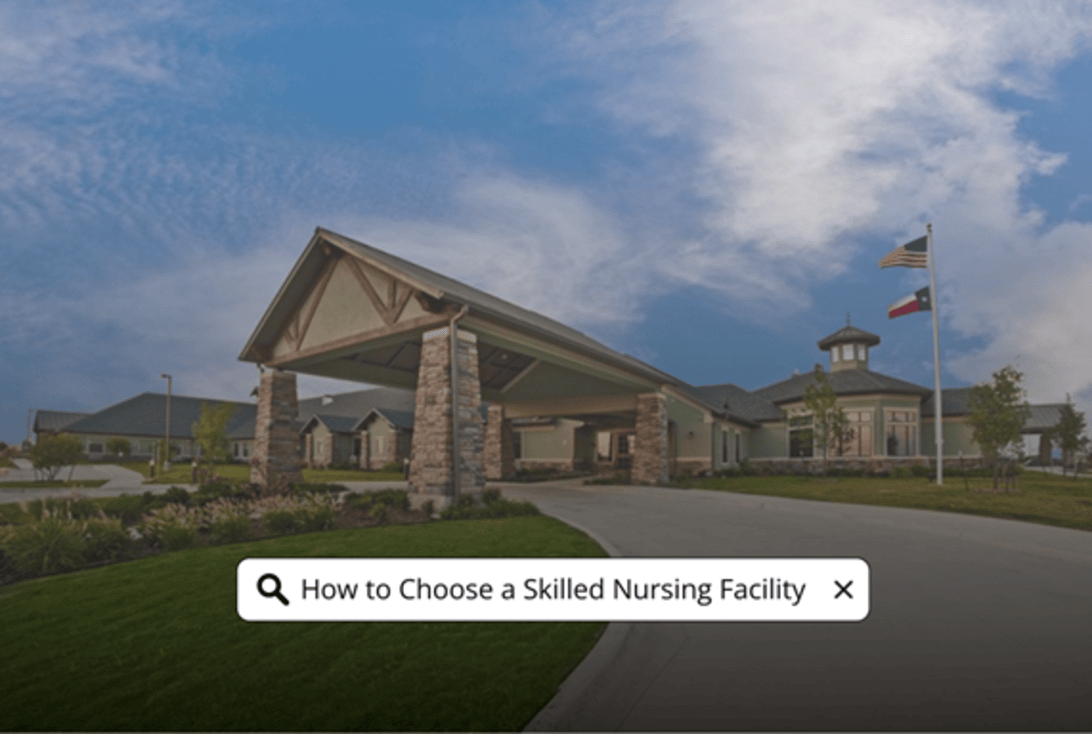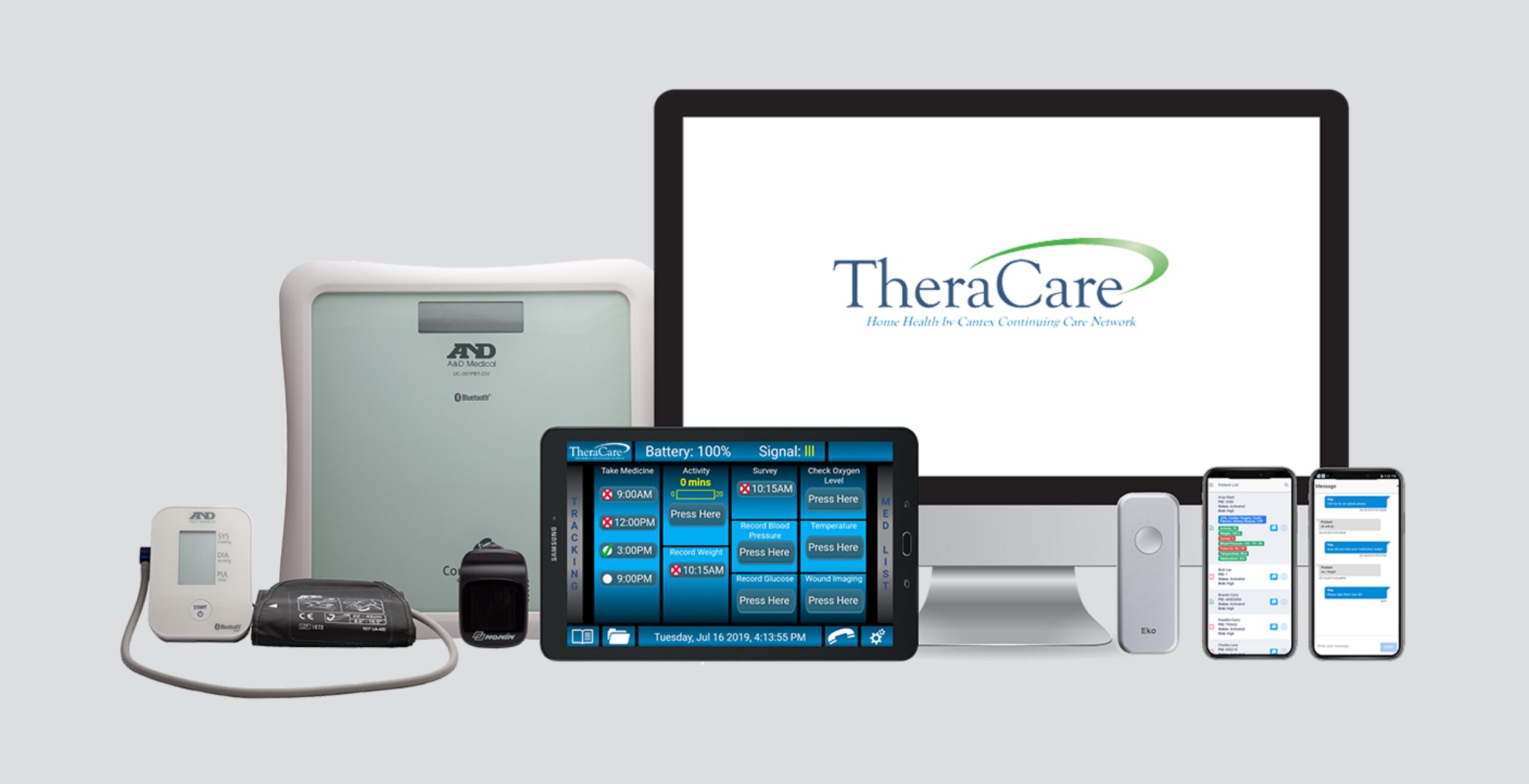Skilled Nursing

How to Choose a Skilled Nursing Facility
How Cantex supports patients at every stage of care.
October 21, 2024

Selecting the right skilled nursing facility for a loved one is an important decision that can significantly impact their quality of life and overall well-being. Whether it’s for short-term rehabilitation after surgery or long-term care due to chronic health conditions, the facility you choose will impact your loved one’s health, safety and quality of life. Here’s a step-by-step guide to help you make an informed choice






